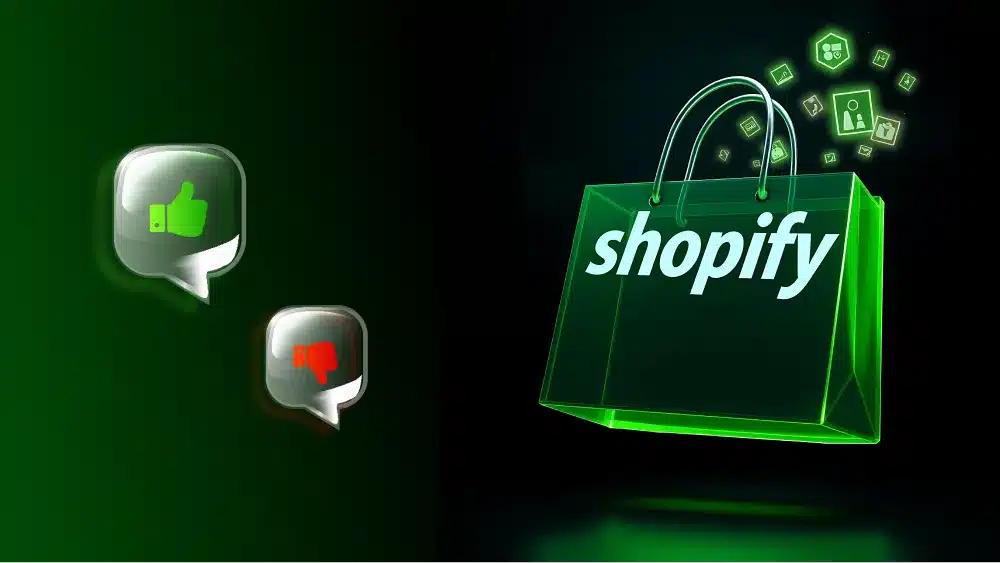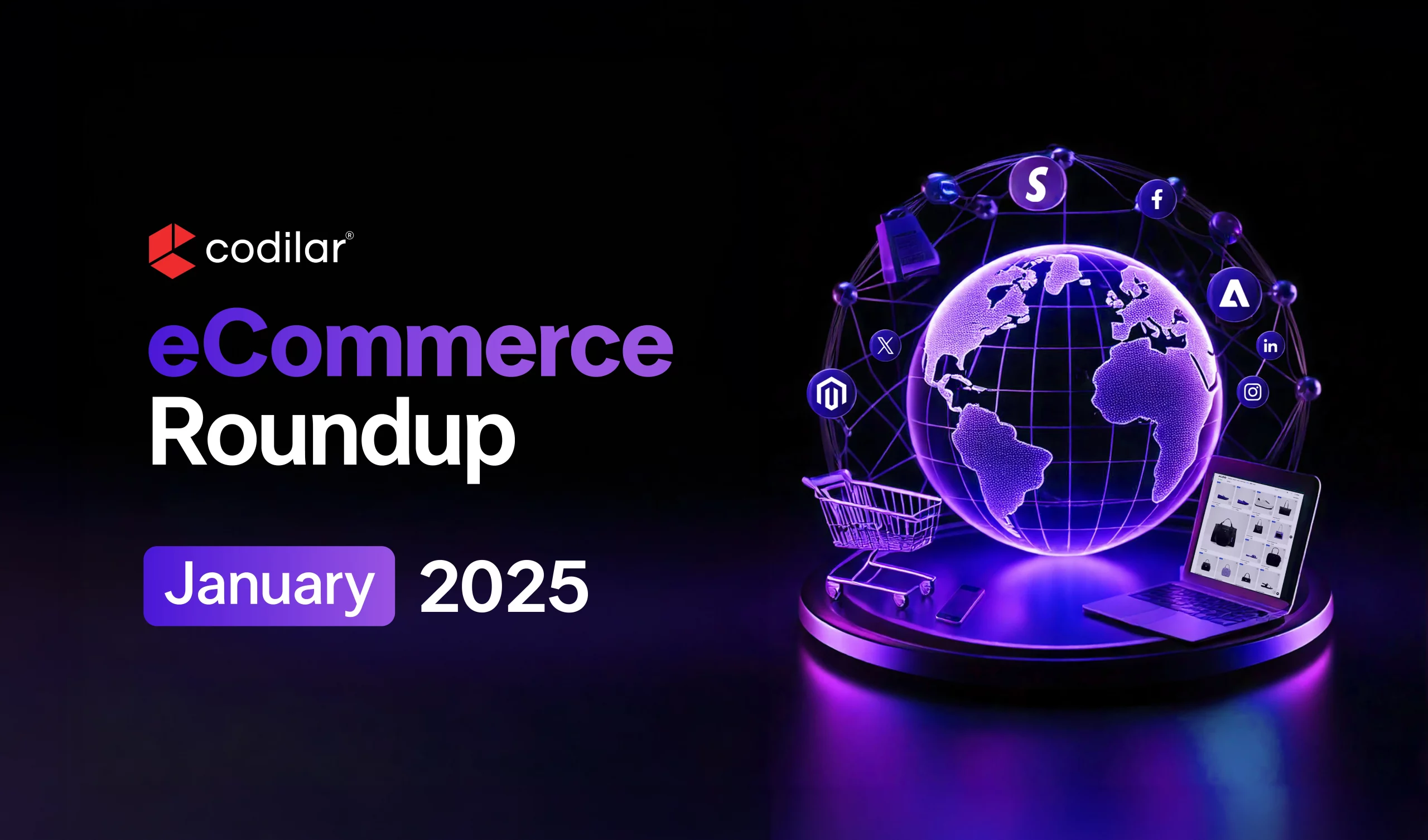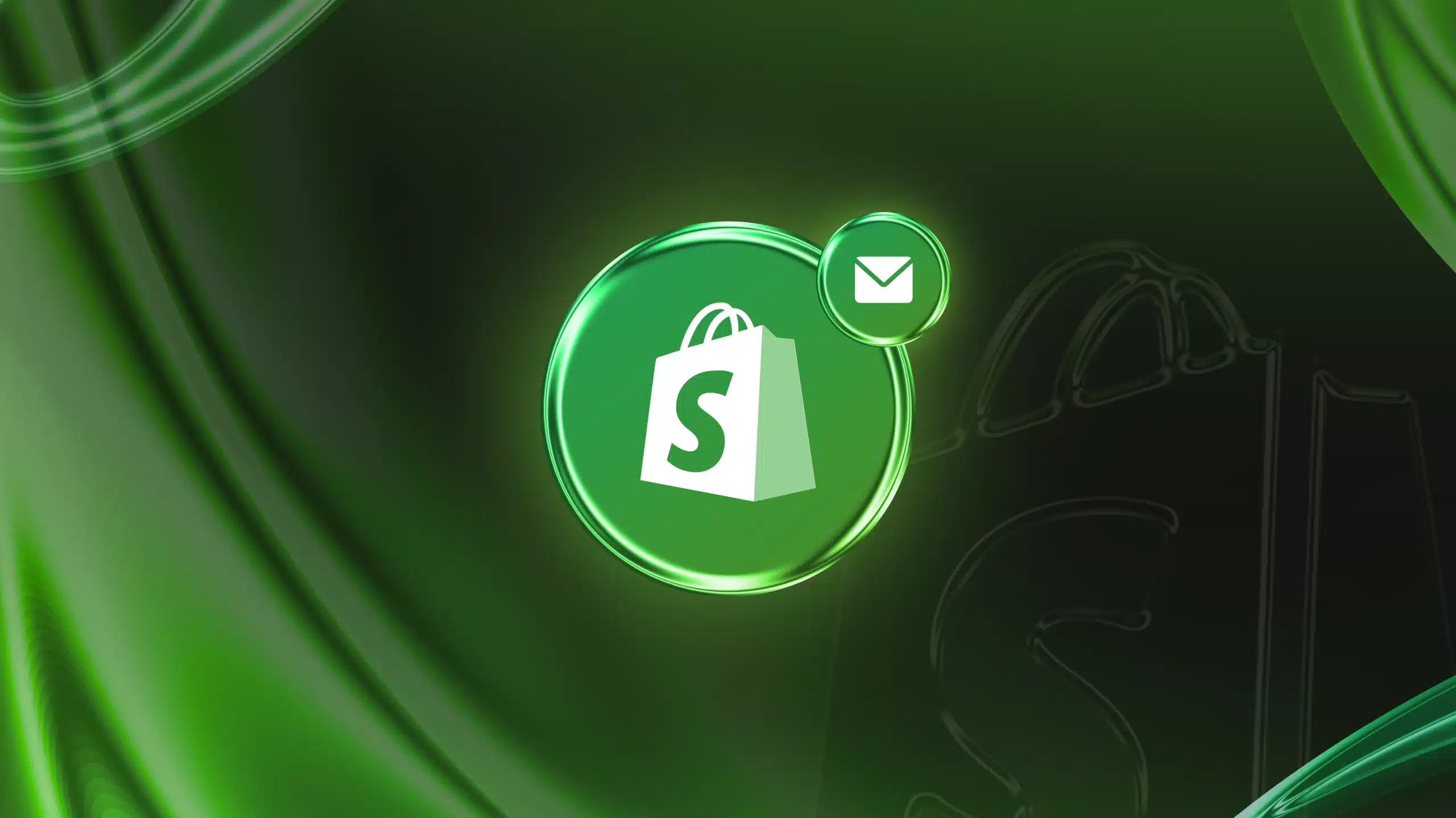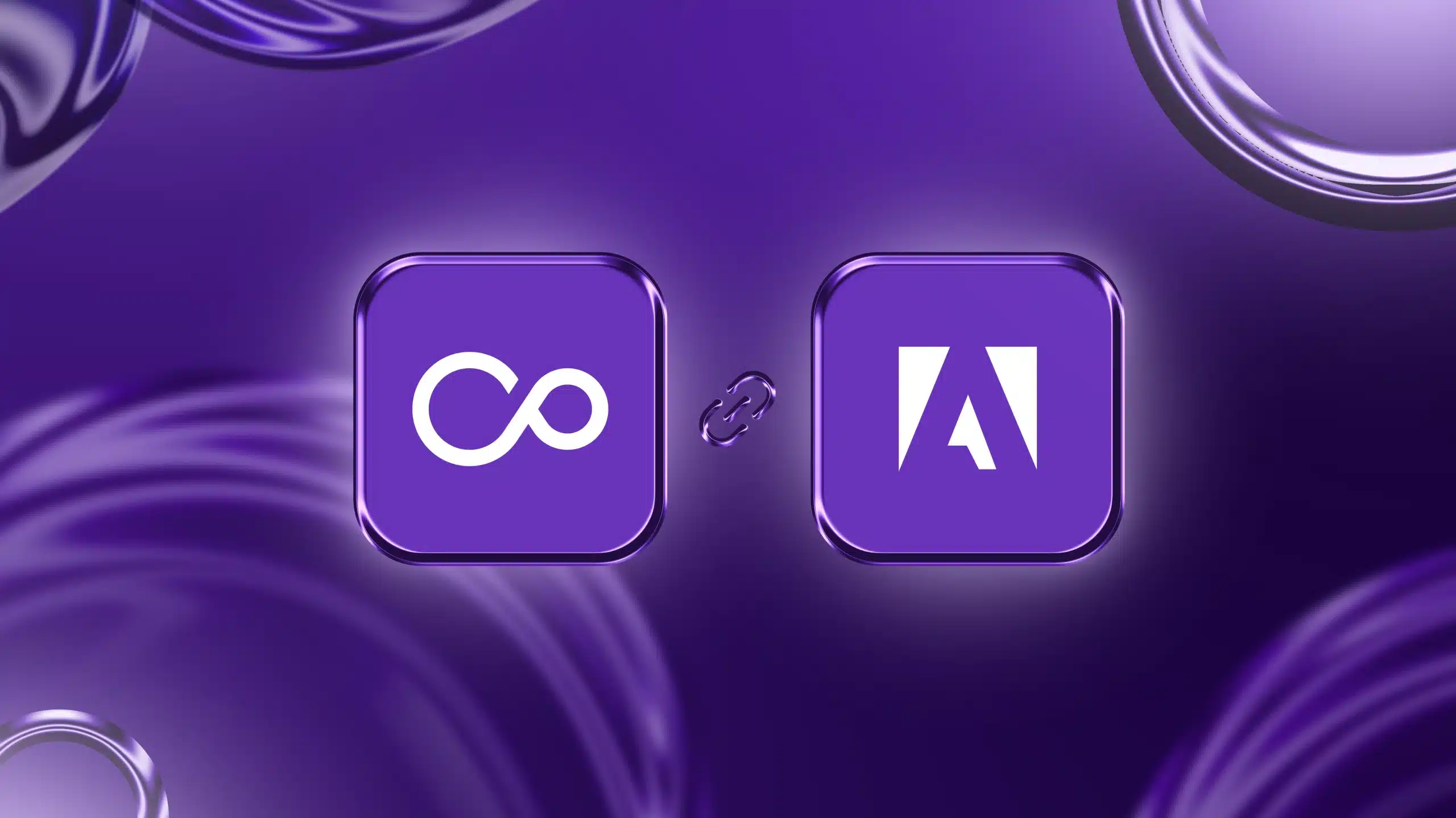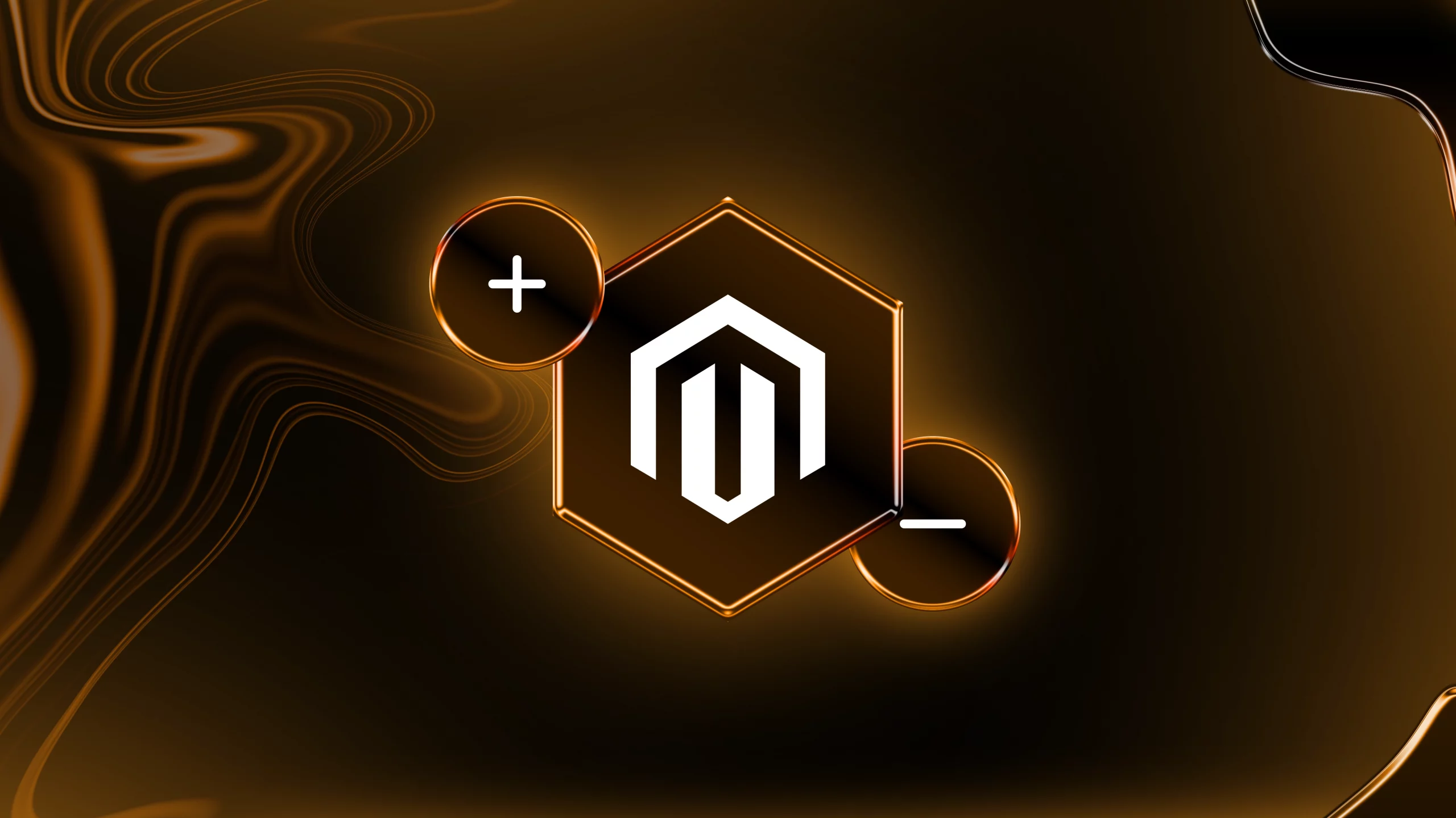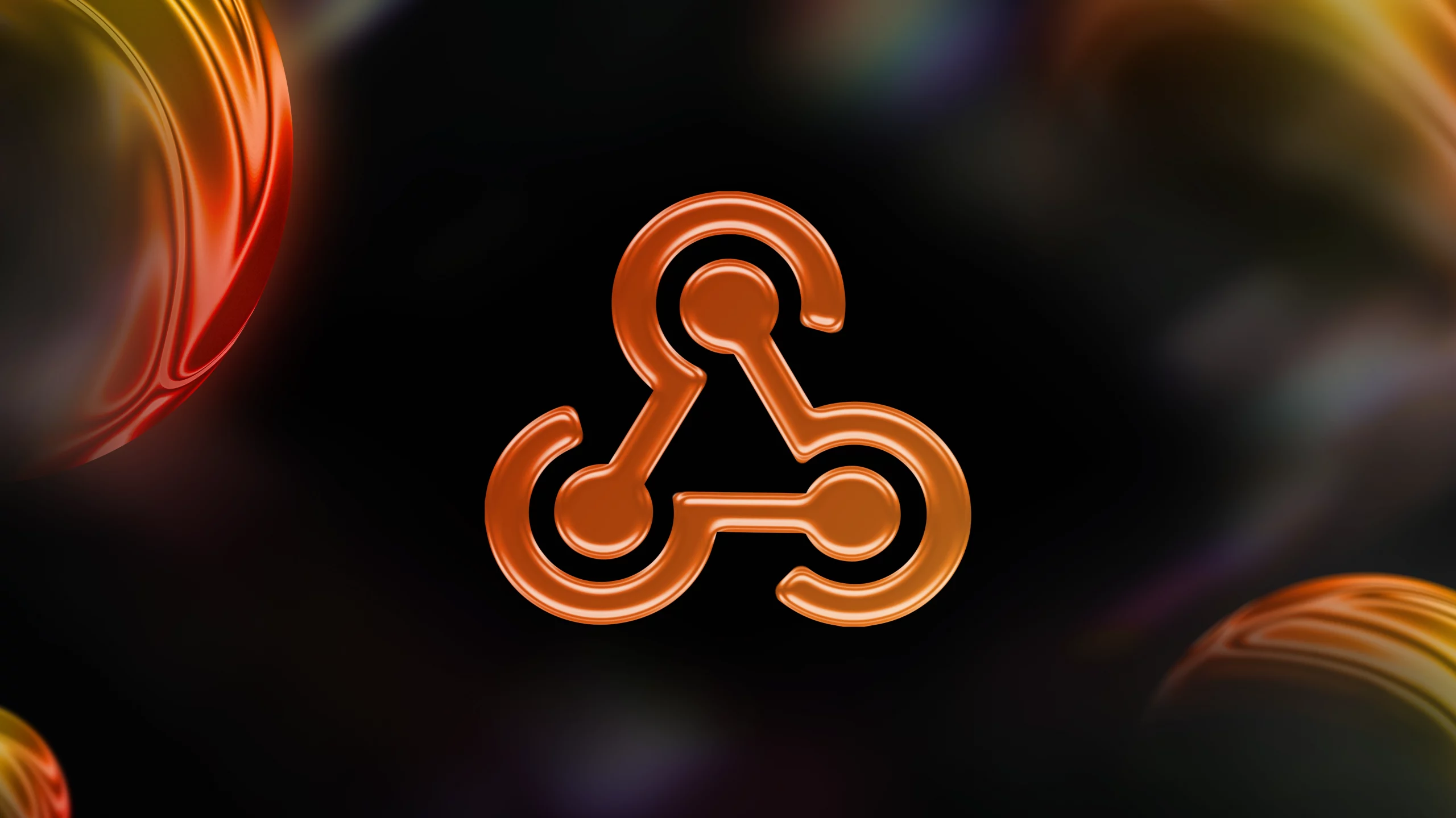Success brings its own share of troubles for eCommerce businesses. They have difficulty dealing with many products, large volumes, high traffic, and multiple audiences. The obvious answer is a more powerful eCommerce system well-suited to handle such troubles.
Shopify Plus is a platform, designed specifically for brands and online stores experiencing high growth and volume. It is user-friendly, covers multiple industries, and has the infrastructure to help businesses grow larger.
Shopify Plus has pros and cons that could affect you whether you are a hands-on user or a top-tier executive.
What is Shopify Plus, and why do you need it?
Shopify Plus was created by Shopify, one of the global leaders connecting online buyers and sellers. It was designed as a customized and staffed hosted platform specifically for brands and online stores experiencing high growth and volume. It is user-friendly, covers multiple industries, and has the infrastructure to help businesses grow larger.
When considering Shopify vs Shopify Plus, businesses should assess their growth needs and feature requirements to make the right choice.
Partnering with a reliable Shopify Plus Partner ensures you can fully leverage the platform’s features and scale seamlessly
Shopify Plus has pros and cons that could affect you, whether you are a hands-on user or a top-tier executive.
Advantages of Shopify Plus
The benefits that make Shopify Plus a premier eCommerce solution for enterprises or large businesses are as follows.
Reliable web infrastructure
Shopify and its partners manage the Shopify Plus servers, ensuring almost zero downtime. This helps avoid expenses or losses due to downtime maintenance.
Unlimited bandwidth
Shopify Plus offers unlimited bandwidth and 200 TB of storage. It can handle large traffic influxes and thousands of transactions per minute.
Data organization and order visibility
Shopify Plus organizes your data and displays order details systematically. You can easily find any information you need, and monitor payments and logistics.
Customizability
Shopify Plus offers a high level of customization from its storefront to its backend. It has extensive options, including themes, templates, apps, checkout experiences, payment integration, error messages, warnings, feature detection, field states, modals, and web fonts.
Less effort and time
Shopify Plus allows you to build and operate a basic version of your website without much coding knowledge, a large web development team, or the time or resources of other departments. You also need not spend time on website updates or maintenance, server management, bug fixes, feature implementations, bandwidth needs, file storage, and security.
APIs, built-in tools, and extensions
Shopify offers a robust API. Its App Store has many popular extensions that you can integrate to improve business performance.
Shopify Plus gives you automation tools, such as Launchpad, Script Editor, and Flow, to help streamline your business.
- Launchpad helps schedule, track, organize, and implement income-generating events, such as content or inventory changes, product releases, and sales campaigns.
- Script Editor allows you to customize checkout processes, payment methods, discounts, and shipping rules. This will be available until August 28, 2025, when it will be replaced by Shopify Functions.
- Shopify Functions will help you create unique customizations for discounts, payments, and deliveries.
- Shopify Flow helps automate all business-related activities and keeps them constantly updated and running in real-time.
Shopify Plus integrates with Avalara AvaTax, a sales tax software that helps handle your taxes.
Multi-channel commerce
Shopify Plus allows you to sell from anywhere your customers wish to buy your wares. It enables cross-platform selling by integrating your storefront with marketplaces, social media, and other sales channels. Furthermore, you can manage all transactions from a centralized dashboard.
Wholesale transactions
Shopify Plus members can sell to other businesses (B2B) and to individual customers (B2C) without using third-party apps. They can use discount codes, the wholesale app, or start a separate (unintegrated) store.
Members have access to the exclusive wholesale channel, which allows them to create a separate, password-protected storefront as an extension of their online stores.
Shopify organization admin
This feature provides store and user management, analytics overview, and Shopify Flow. From here, you can check total sales and orders, add new users, and more.
Unlimited staff accounts
Shopify Plus grants access to your backend to all team members. They can be assigned specific roles and permissions, which means they have access only to the information and tools pertinent to their jobs.
Shopify POS Pro
Shopify POS Pro, the integrated Point of Sale system of Shopify Plus, has a smooth, intuitive, user-friendly interface. It can handle transactions quickly and securely. It accepts many payment methods, easing checkout processes and minimizing wait times.
It integrates with your inventory and customer database and provides real-time insights into your sales, stock levels, and customer behavior.
Stable, predictable pricing
Shopify Plus is priced around USD 2,300 per month on a one- or three-year term and charged annually. This may seem high but it is constant from the moment you sign up and easy to budget. Besides, it is cheaper than building and maintaining infrastructure, hosting, hiring developers, and paying for new features and extra bandwidth.
Advanced analytics and reporting
The advanced analytics and reporting tools of Shopify Plus offer insights into inventory management, customer behavior, and sales performance based on which you can improve your strategies and processes.
Marketing made easy
Shopify Plus offers many tools to implement digital marketing strategies. For example, Launchpad helps automate events, such as product releases, discounts, and major campaigns. You can manage and run promotions easily from your admin console.
Its powerful features also help increase customer retention with Shopify Plus by enabling personalized marketing and seamless customer interactions.
Top-notch security
Shopify Plus offers security measures, compliant with Level 1 PCI DSS, ensuring that all payments made through your website are secure. It safeguards all your data using features like dedicated SSL certificates, integrated DDoS protection, and automatic updates that prevent vulnerabilities.
Scalability
Shopify Plus can scale up or down according to your business needs. Its servers can handle large volumes of transactions even at high website traffic and ensure fast, secure, and smooth customer experiences.
Multiple stores and global expansion
You can clone your original online store and modify it for separate markets or countries. At a single fixed monthly price, you can operate up to 10 stores, hosted on subdomains or country-specific domains.
This means that you can upload new products only once but can maintain an overall global business while using multi-language, multi-currency customization options to serve individual areas, customer segments, and target audiences.
Dedicated support
Shopify Plus provides priority support 24 hours a day, 7 days a week via phone or live chat. You get a dedicated account manager and a specialized team who manage your full account.
Additionally, the platform provides numerous resources, such as a community forum, educational materials, webinars, etc.
- Merchant Success Program
Shopify Plus gives you access to its free merchant success program, which provides tips and tricks to enhance your store’s performance.
- Shopify Plus Partner Program
This program introduces Shopify’s top partners to you so that you have enough resources to succeed, such as
- Tools to help you sell to Shopify Plus merchants
- Marketing collateral to help you promote their wares
- Increased visibility among Shopify Plus merchants
- A listing page in the Plus Partners Marketplace where you can request services
- Shopify Audience
This is an exclusive feature that helps you tap into the large data insights of the Shopify ecosystem, which includes millions of shoppers across various online stores and billions of data points on shopping behavior.
Shopify Audience blends well with advertising platforms, such as Facebook and Instagram, allowing you to create campaigns and tailored messages that target high-potential customers.
- Shopify Plus Academy
Shopify Plus Academy, an online learning hub, offers knowledge and guidance to help you exploit the full potential of the platform and achieve great success. It provides training on Shopify Plus features, online store optimization for global expansion, and other such result-oriented strategies and applications.
Disadvantages of Shopify Plus
Although Shopify Plus provides enterprises with several beneficial features, it has a few drawbacks.
High service charge
Shopify Plus may seem quite pricey, especially to small and mid-sized businesses, compared to other eCommerce platforms. Apart from the monthly fee, it charges for some third-party app integrations.
You also have to pay transaction fees for each sale—more transactions mean more fees. You can bypass this only if you use Shopify Payments.
Multiple licenses for multiple brands
If you have multiple brands, you will need a separate Shopify Plus contract and license for each of them. Similarly, each theme license is only valid for one store and each live expansion store needs its own theme license.
Content Limitations
Shopify Plus is a full-fledged eCommerce platform with built-in blogging tools and a page management system. However, if you want to build a content-rich or publishing website, it may not work for you.
Moreover, Shopify Plus does not have much control over the URL structure of product pages, which makes SEO difficult. While you can modify the URL slug or handle, you may end up with a URL that has /products/ or /collections/ in it.
Platform dependency and lock-in
If you own your servers or lease them from someone, you can back them up and migrate to another provider easily. If you use open-source software and your developers leave, you can replace them with someone equally knowledgeable.
However, if Shopify Plus runs into trouble and you wish to migrate to another platform, you will receive only the data Shopify exports for you. Although they export all available data, it is not the same as getting FTP and database access. Thus, it poses platform dependency and lock-in risk.
Need for technical expertise
Although Shopify’s API and front-end customization language, Liquid, seem simple and easy, they may present a steep learning curve. You may need experts to successfully implement advanced customizations.
Dependency on apps
Shopify Plus uses apps as workarounds to achieve some functionalities. However, if you integrate apps, expenses may increase and your store may slow down. Also, it is risky because not all apps are reliable or compatible.
The search functionality has a few limitations and relies on product names and descriptions to produce results.
Lacunae in customization
While Shopify Plus is designed for large businesses and offers many customization options, there are some disadvantages to consider:
- You may find Liquid difficult and avoid customizing and updating your store.
- You have to use apps to expand core functionalities. This may be difficult for unique products and integrations.
- If the information from the inventory or fulfillment provider you use is incompatible with the Shopify API, you might need technical support.
- Shopify Plus does not provide FTP or database access. So, everything has to go through the front end or via the API, which might be risky for some brands and IT departments.
- If you want to create a product that has more than 100 variants or more than three options, you have to use a third-party app from the App Store, or customize your theme code.
- Shopify Plus can customize the checkout process but has some limitations related to PCI compliance.
Lack of multi-store architecture
Although Shopify Plus provides up to 10 stores for the same brand, its architecture does not support multi-brand and international setups efficiently.
VAT front-end displays
Product prices with VAT are difficult to display in the Shopify front end unless you have developer-level knowledge or use apps.
Shopify Payments
Shopify Payments is considered easy to set up. It quickly introduces new payment methods and is well-integrated into the platform. However, it has a few cons:
- Strict eligibility conditions on product types or banned ingredients.
- Standard eligibility restrictions on prohibited businesses.
- Eligibility criteria that restrict operations in an area, if you don’t have a registered local business and a local bank account.
- Shopify Payments stores tokens only for a short period. So, you may have to use a second payment gateway for subscriptions and pre-orders when repeating payments are due.
Conclusion
As with every other platform, Shopify Plus has its share of pros and cons. Yet, despite its disadvantages, it is a global leader in the eCommerce scene.
Shopify Plus can provide the tools, flexibility, and support you need to achieve success and sustainable growth. However, carefully consider your requirements, constraints, and goals before making any decision.
FAQs
Shopify Plus offers many advantages over regular Shopify plans, including infrastructure, more stores under a single license, checkout customization, advanced analytics, global expansion, B2B commerce, dedicated support, and more.
Shopify Plus supports scalability by handling high sales and traffic; offering features like automated backups, unlimited bandwidth, and enterprise-grade security; facilitating multi-channel selling; and providing unlimited staff accounts, improved organization settings, and dedicated customer support.
Shopify Plus has a few limitations:
Its content management capabilities, page navigation, and shipping facilities are limited.
It does not have a multi-store architecture.
Its URL structure cannot be customized.
It cannot calculate cross-border taxes and duties.
Shopify Payments has restrictions on certain products.
Shopify charges a transaction fee for each sale and a fee for third-party payment gateways. It does not take responsibility for chargebacks.
Shopify Payments stores tokens only for a short period. It may have restrictions based on location and industry. It may also freeze funds.
While Shopify is designed for small- to medium-sized businesses (SMBs), Shopify Plus is designed for larger businesses. Shopify Plus also offers more customization and advanced features than Shopify.
